
Our gut is home to millions of microbes. The gut microbiome has huge potential to impact our physiology. It maintains metabolic functions, protects against pathogens, and influences the immune system. Therefore, it is important to understand how simple dietary modifications can help you improve gut health!
We are all familiar with the saying, "You are what you eat." Yes! It is true. Consequently, the kind of food that you eat affects the gut microbiome, which in turn affects you.
“The road to health is paved with good intestines!” ―Dr. Sherry A. Rogers
Various studies have also concluded that poor gut health can lead to several health complications. For instance, foods containing high amounts of phosphatidylcholine, such as meat and poultry, can increase the risk of cardiovascular diseases. This is because the gut synthesizes phosphatidylcholine into the metabolite trimethylamine-N-oxide (TMAO). It was found that an increase in plasma TMAO levels, in turn, increases the risk of cardiovascular events in patients with cardiovascular disease risk factors.
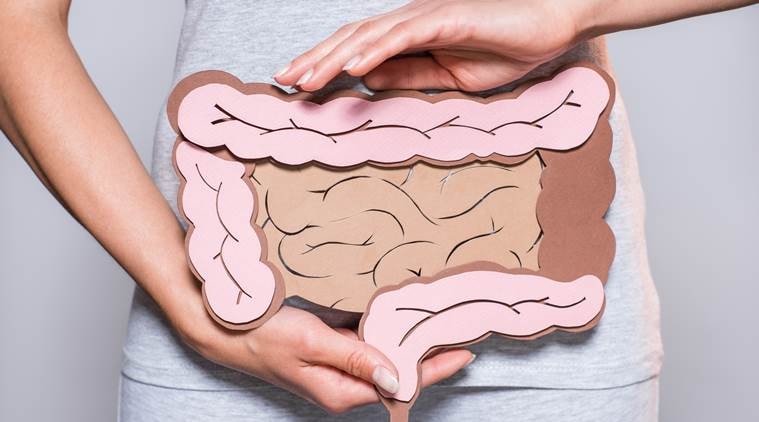
Read our expert’s review of the documentary – “The End of Meat – A Vegan’s Review”
Did You Know?
Clostridium Difficile Infection (CDI) is an example of a human disease that develops as a result of critical changes to the gut microbiome. Infections caused by this strain include diarrhea, fever, nausea, and abdominal pain. Furthermore, studies have suggested that inflammatory bowel diseases (IBD) are also associated with changes in the gut microbiota. However, the good thing is that you can avoid or at least reduce these diseases through tweaks in your diet.
Food Practices for Gut Health!
1. Include More Fiber
Fiber plays an important role in digestion. The gut microbiome utilizes fiber from the food consumed to extract energy, nutrients, vitamins, and fatty acids. As a result, our body’s immunity increases, intestinal inflammation decreases, and so does our ability to fight against obesity.
However, if the body has a low fiber intake, the microbes start to feed on the protective mucus lining of the intestine. Resultantly, damaged mucus lining may result in unwanted toxins, undigested food, and pathogens entering the gut. As a result, your body might be affected by several complications or hard-to-detect chronic conditions.
Research confirms the link between dietary fiber and gut inflammation
A paper published in PubMed (2005), established that the low fiber diet degrades the microbiota balance in the gut. This imbalance causes inflammatory conditions in the gut, leading to chronic conditions such as Inflammatory Bowel Diseases (IBD) or even cancer.
Another independent intervention study found that dietary fiber significantly reduces insulin resistance in patients with type 2 diabetes. It established links between the shifts in the microbiota and beneficial metabolites such as butyrate with the risk of diabetes.
Thankfully, small changes in diet alone could be your rescue. Feed your gut fiber-rich food and it will be happy. Some examples of fiber-rich foods are broccoli, artichokes, raspberries, lentils, and beans.

2. Choose Complex Carbohydrates
Complex carbohydrate foods, such as whole grains, help you maintain a healthy gut. This is because they contain lots of fiber and non-digestible carbs like beta-glucan. Since these are not broken down in the small intestine, they pass on to the large intestine, where they are broken down by the gut microbiota. As a result, this promotes the growth of beneficial bacteria in the gut.
A study by Wright State University in Dayton revealed that switching from a balanced diet to a high-fat, no-carb diet reduces bacteria responsible for protein and carbohydrate degradation. It also increased the strains of bacteria that metabolize fatty acids. In turn, this reduces the production of short-chain fatty acids and antioxidants. Inadequate levels of antioxidants further reduce the body’s capability to fight free radicals.
Some complex carbohydrates are:
- Brown rice
- Quinoa
- Barley
- Oatmeal
- Sweet potatoes
- Legumes
- Starchy vegetables
- Butternut squash
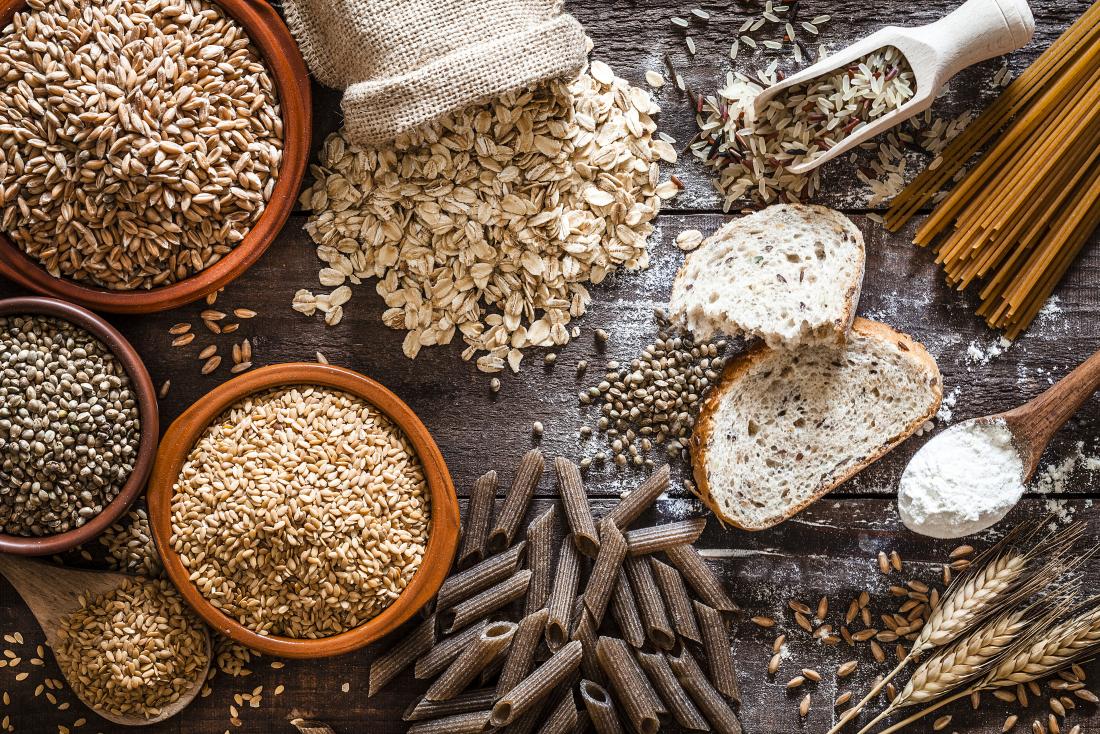
3. Probiotics are Essential for Improved Gut Health…
Probiotics are healthy bacteria that help keep the gut healthy. Probiotic foods include fermented foods, yogurt, kefir, and sauerkraut. Fermented foods can be a key component of your diet that keeps your gut healthy. These foods remove unhealthy bacteria from the gut, improve the absorption of minerals, and support overall health. Fermented foods also contain beneficial enzymes, B vitamins, and various strains of probiotics, which are essential for good health.
Let’s take an example of Yoghurt:
Yogurt contains beneficial bacteria cultures like S. Thermophilus, L. Bulgaricus, L. Acidophilus, and Bifidobacteria. These cultures help maintain a healthy balance of bacteria in your gut and prevent dysbiosis.
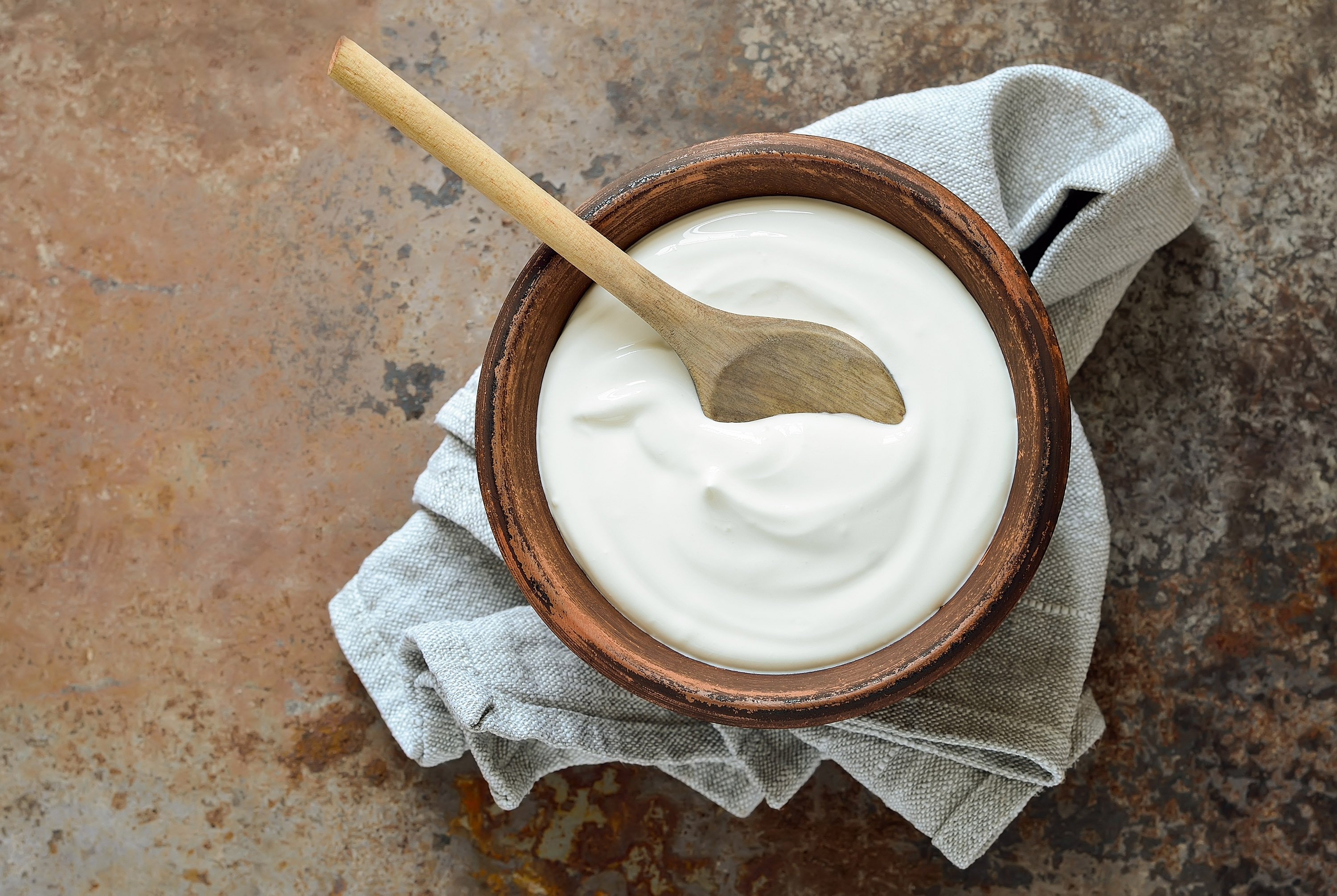
Furthermore, yogurt enhances your immune system. Around 70% of the bacteria affecting the immune system of the body reside in the gut. Hence, the consumption of yogurt increases the growth of such beneficial bacteria.
4. So Are Prebiotics
Prebiotic food feeds the healthy bacteria present in your gut. Good sources of prebiotics include:
- Jerusalem artichokes
- Chicory root
- Raw dandelion greens
- Leeks
- Onions and garlic
- Asparagus
- Whole Wheat
- Spinach
- Beans
- Bananas
- Lentils
- Beets
- Oats
These prebiotic foods are also rich in fibers that are beneficial for the gut microbiome.
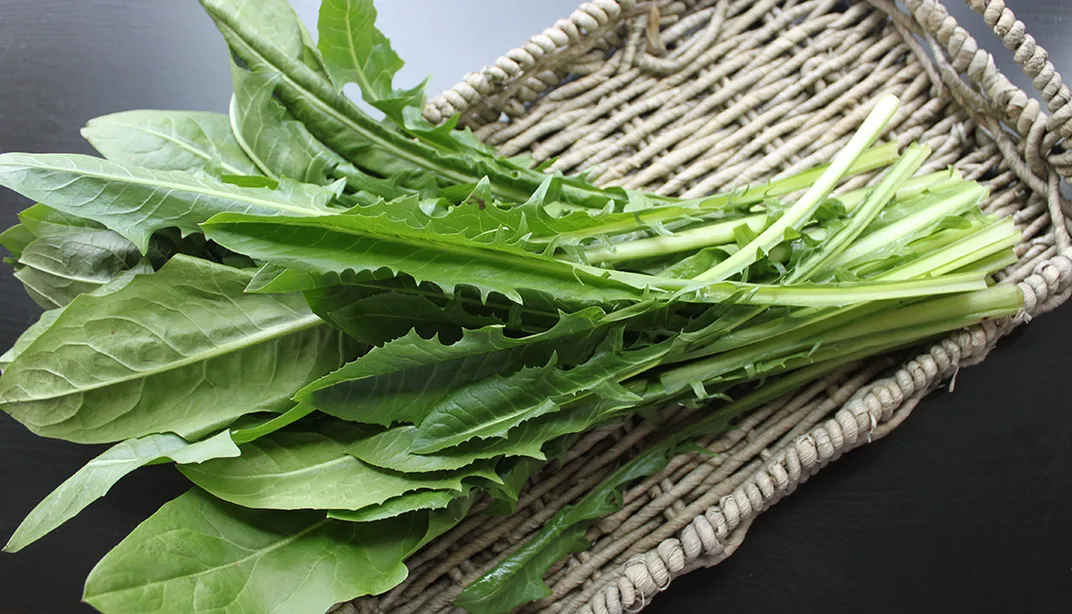
Know how prebiotics and probiotics improve gut health here!
5. Avoid Excess Sugar
High-intensity artificial sweeteners, for example, sucralose, disrupt the balance and diversity of the gut microbiota. Additionally, some studies have shown that artificial sweeteners like aspartame increase blood sugar by stimulating unhealthy gut bacteria growth.
High amounts of refined sugars, for example, high-fructose corn syrup, are linked with an increased bad cholesterol level in the body. Also, high fructose corn syrup causes leaky gut syndrome. It is a medical condition wherein the intestinal permeability increases. As a result, pathogens such as bacteria and other toxins enter the bloodstream.
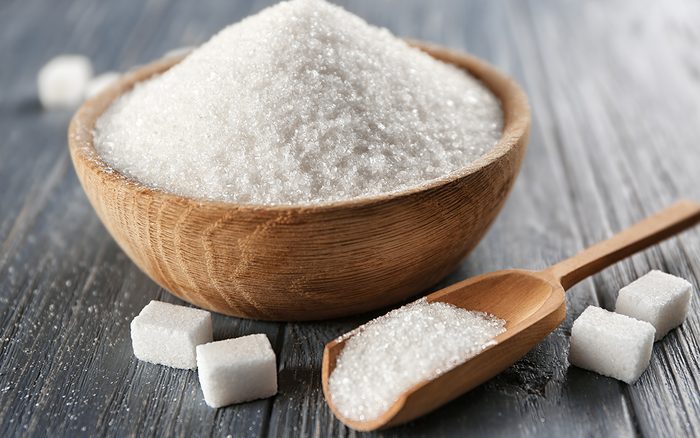
6. Eat More Vegetables
Vegetables such as broccoli, cabbage, brussels sprouts, asparagus, dandelion greens, seaweed, and artichoke are a blessing for the gut. Asparagus and dandelion greens are also rich in insulin, which benefits diabetics. Additionally, they help promote regularity and decrease bloating.
One of the key ingredients in maintaining gut barrier function is the Aryl Hydrocarbon Receptor (AHR). This receptor helps to manage the gut’s response to contaminants and triggers a reaction against them.
Vegetables like cabbage and brussels sprouts contain insole glucosinolates that break down to form indolocarbazole (ICZ) in the stomach. ICZ binds to and activates AHR on the lining of the intestines, boosts the immune system, and maintains balance in the gut flora. Additionally, the interaction between ICZ and AHR protects against chronic inflammatory bowel diseases like Crohn’s disease and certain cancers.
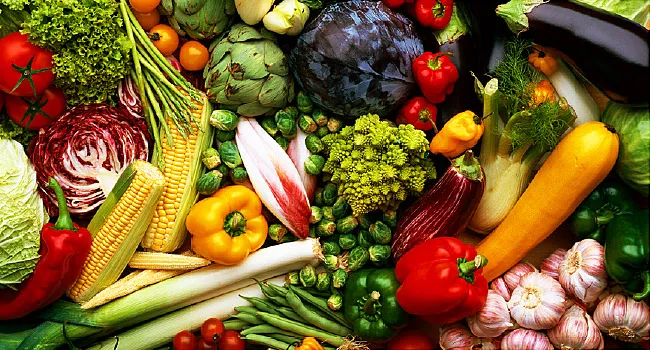
7. And Fruits
Fruits like bananas and apples keep the gut healthy and fit. Bananas are high in potassium as well as magnesium, which can aid against inflammation. Furthermore, a study released in the journal Anaerobe showed that bananas help reduce bloating. This is because bananas contain the enzyme amylase, which is naturally present in your saliva and helps break down foods.
Additionally, it contains another enzyme called maltase, which breaks down malt sugars and allows the gut to easily process these foods. Most importantly, apples contain a naturally occurring substance called pectin, a type of fiber that acts as a prebiotic by feeding the good bacteria in your gut.
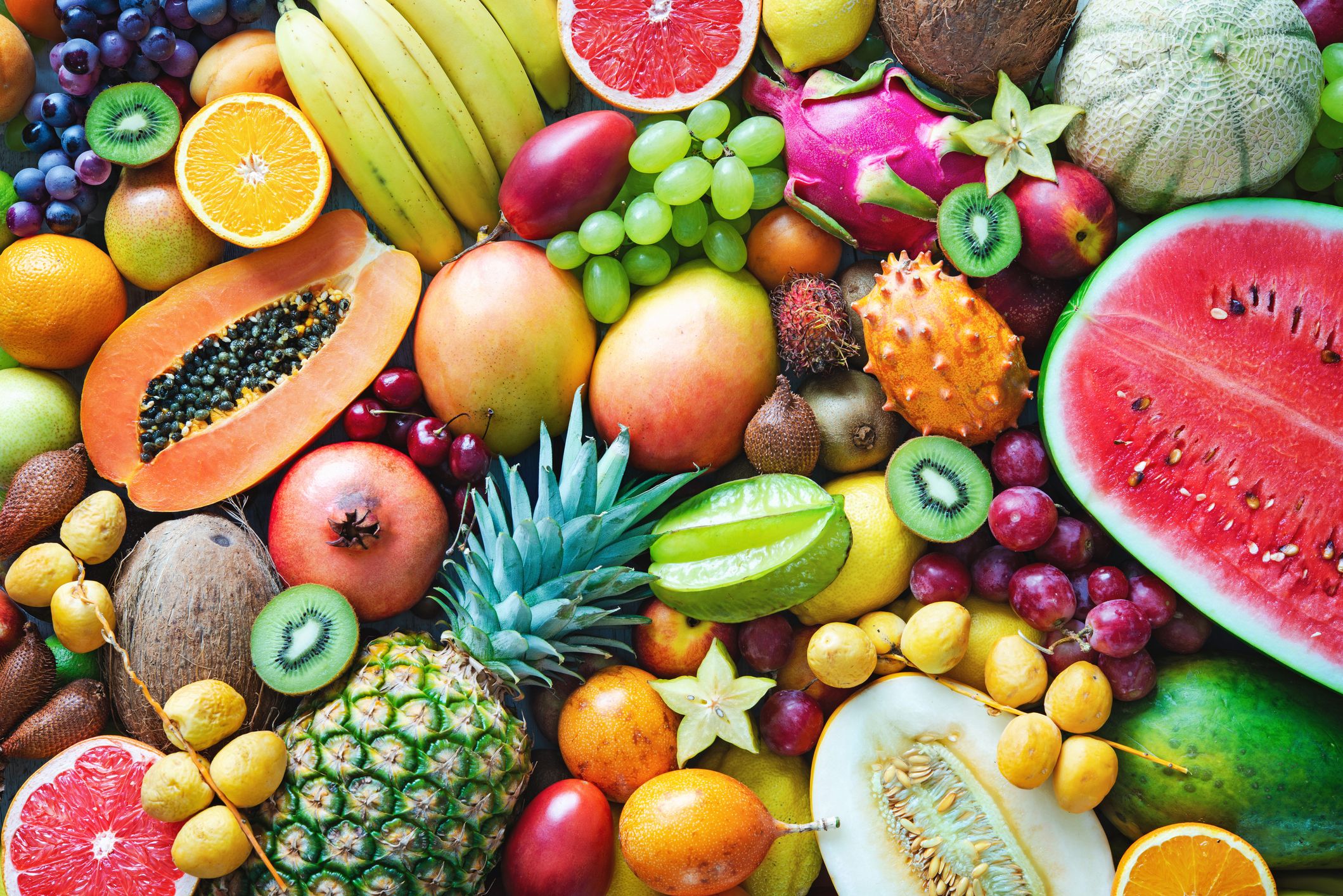
Conclusion
Thus, eating a varied and healthy diet is essential to improving gut health. Diets rich in vegetables, complex carbohydrates, fibers, and fruits promote the growth of beneficial bacteria in the gut. A healthy and functioning gut is responsible for the proper functioning of the body and mind.



.png)


